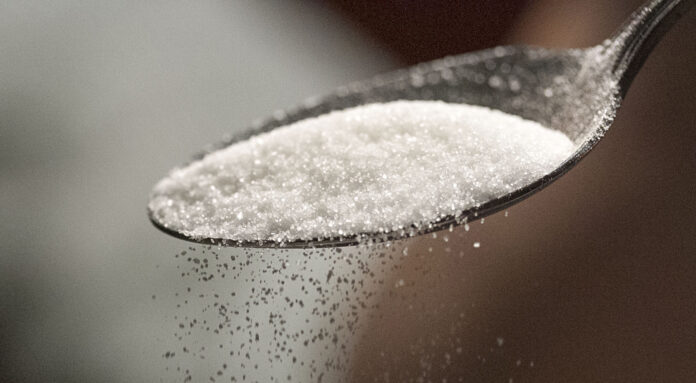In the wake of a recent sugar shortfall in India, fast-moving consumer goods (FMCG) companies are bracing for potential challenges that could impact their profit margins and lead to price hikes for popular products like biscuits and chocolates. The decline in domestic sugar production has caused a sustained increase in sugar costs, prompting FMCG companies to contemplate adjusting product prices.
Sugar, a relatively regulated commodity in India, often requires FMCG companies to navigate the open market, subject to government intervention in terms of pricing and availability. As sugar prices continue to rise, the cushion for passing on benefits to consumers from reduced input costs may diminish, posing a significant challenge for FMCG companies. In response to rising sugar prices, some companies have already adjusted prices in the previous quarter, facing an average inflation rate of 20-22 percent last year.
FMCG companies, grappling with increased competition from smaller regional players, have adjusted margins to boost sales in an increasingly competitive market. The September quarter of 2023 witnessed a decline in rural consumption, impacting the FMCG industry, with uneven rains and sticky food inflation cited as contributing factors affecting demand.
To navigate the uncertainty surrounding sugar prices, FMCG companies are exploring various strategies, including potential price hikes, optimising sugar usage, sourcing sugar at lower prices from overseas, or taking forward cover in sugar. With worries over rising prices of commodities like wheat, maida, sugar, potato, and coffee, FMCG players are faced with the ongoing challenge of maintaining profit margins amid competitive pressures and market dynamics.
RTM Watch’s Take
The sugar shortfall in India has raised concerns for FMCG companies, as it may impact their profit margins and lead to price increases. While companies have already adjusted prices and passed on some benefits to consumers, sustained increases in sugar prices could compel further price hikes to offset the impact on cost structures and margins. FMCG companies may also explore strategies such as optimization, procurement, and taking forward cover in sugar to navigate the uncertainty. Additionally, the decline in rural consumption and rising prices of commodities pose challenges for the FMCG industry, which is also facing competition from local players.




































